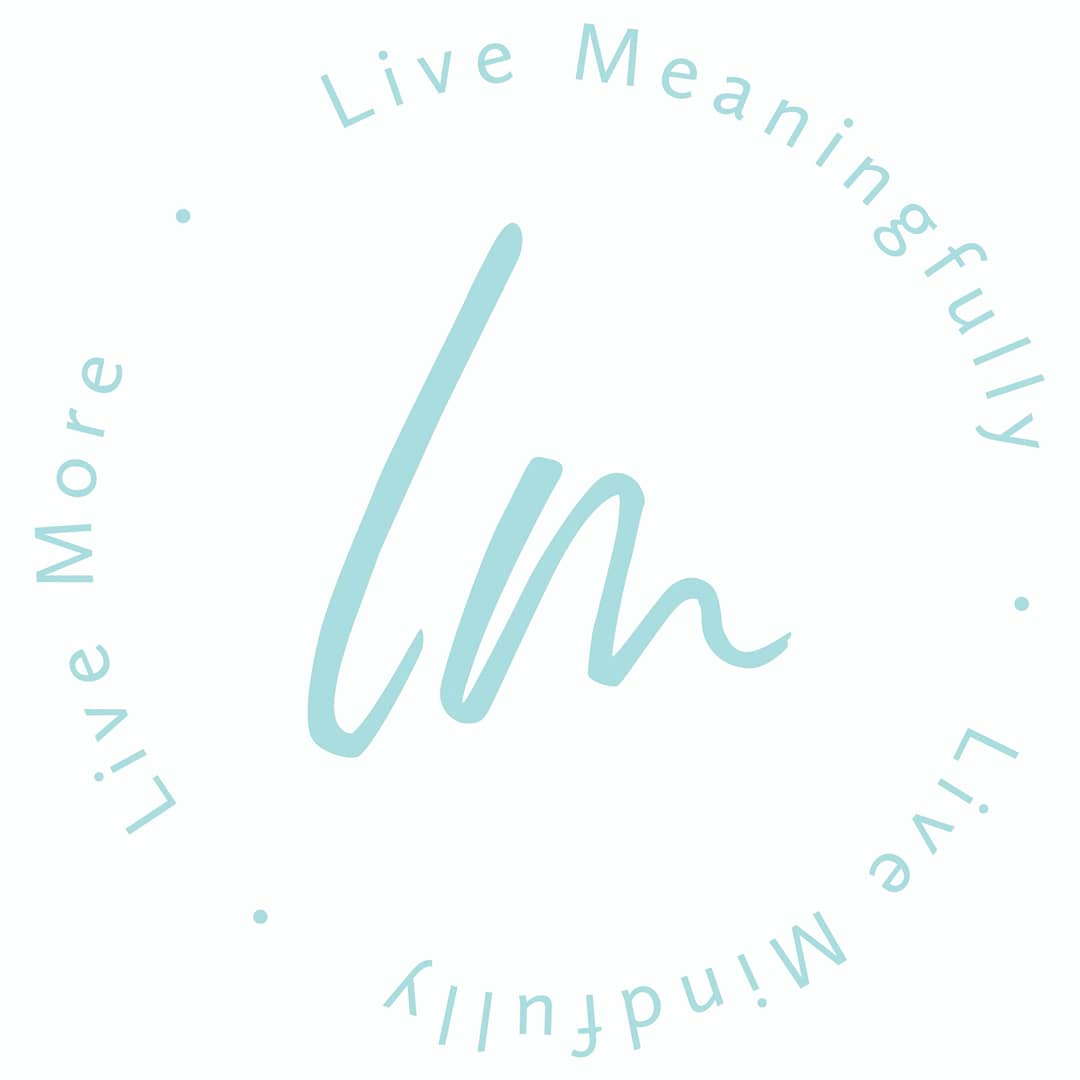
Plan a Corporate Retreat And Engage Your Team
Corporate & Executive Retreats – The Key to Success
Engage your team through meaningful shared experiences and use corporate retreats as a key tool to promote employee engagement while solidifying your corporate culture.
Since the start of the pandemic and the ensuing Great Resignation, workers are leaving the workforce en masse. As many employees continue to work remotely for some or all of the time, and with burnout levels higher than ever, companies need to find new ways to help employees feel connected and motivated.
By cultivating a clear corporate culture that values employees, companies will be able to retain their existing team members and attract new talent, while growing the bottom line.
How a Corporate Retreat or Executive Retreat Can Help Your Team Thrive
Build a cohesive corporate culture by spending quality time together outside of the office. Engage in team building activities and strategy sessions that will create a more collaborative culture.
Improve employee happiness and loyalty by strengthening bonds through shared meaningful experiences away from the workplace.
Increase productivity by giving your employees an opportunity to relax and de-stress away from work and home so they can feel rested, revitalized, and ready to contribute in a meaningful way.
Refocus employees by allowing them to step away from their busy lives and daily routines so they can reengage and strive towards key common goals.
Key Considerations for Planning a Corporate Retreat
Location – Will the destination be nearby for a short weekday or weekend retreat, or do you wish to travel further and host a longer getaway? Consider your employee preferences and plan well in advance so childcare, pet care and other things can be arranged.
Transportation – How will your team travel to the retreat destination and what local transportation requirements will you have once you have arrived?
Accommodations – Selecting appropriate accommodations is important so your team members are comfortable. Do you require certain facilities such as on-site dining, meeting and event space, a gym, or spa? Is the accommodation provider large enough to host your group and should you negotiate a group rate?
Meeting or Event Space – Depending on the type of retreat, meeting or event space may be required along with equipment and catering.
Food and Beverage – Consider what meals and beverages will be included during the retreat and what your employees will pay for themselves. For a larger number of people, all-inclusive options may be more desirable than offering a per diem.
Activities – What is the theme or goal of your retreat and what types of team-building activities – unique or adventurous experiences, mindfulness sessions like yoga and meditation, active options like hiking, cycling, or golf – would you like to include? It is important to select options that everyone will be able to participate in.
COVID-19 Considerations – Although travel is resuming, it is important to consider travel advisories, employee comfort with air travel and indoor group activities like meetings and dining. Ensure your company has sufficient insurance coverage for COVID-related cancellations and illnesses.
Booking Policies – Now, more than ever, it is important to seek flexible payment and cancellation policies in the event of travel restrictions or any other circumstance that cause an unexpected change of plans.
Insurance – Ensure your company is adequately covered for liability away from the office and for an event like a corporate retreat, and that your team members have appropriate travel protection insurance for the duration of the retreat.
Planning a corporate or executive retreat can be complex and time consuming. Save time by allowing Movement Travel to plan your next retreat. For more information about our corporate retreat design services, please click here.
Melanie Yip
Co-Founder, Movement Travel

